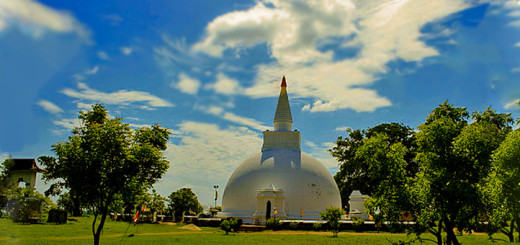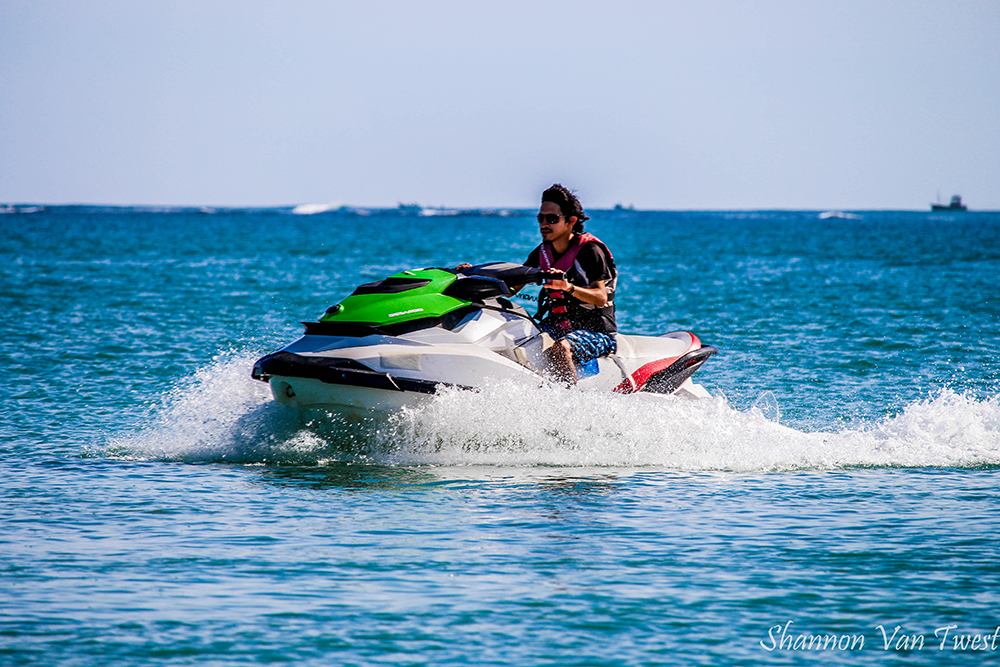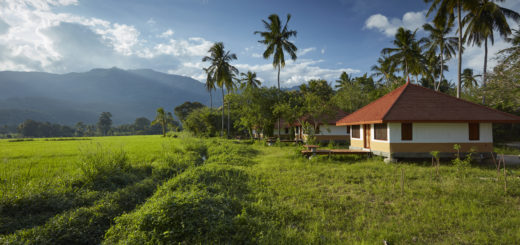Are we really part of the bandwagon “responsible tourism”?
by Jetwing · Published · Updated
I am trying my hand in a new type of writing; blogging, that most people are already familiar with. Perhaps, I, too, can use this as a platform to express my ideas and opinions and encourage feedback so that an intellectual discussion can be initiated on and around issues related to the tourism industry. I am aware that I am starting off with a broad topic. Hopefully, with further additions, practice and of course valued feedback, we will be able to narrow the topics down and initiate a much more focused discussion.
Nowadays, almost everyone is advocating some sort of social cause or mission; be it for genuine reasons or as merely promotional strategies. “Responsible tourism” is a term that seems to be in hype in the present day. As part of the larger tourism industry in Sri Lanka, we, as tour operators have a greater responsibility in advocating such themes as we are pivotal in spreading such messages out to our clients. As more and more people are beginning to research and be aware of animal rights and businesses that take responsibility for their actions, we being tour operators should be conscious of the consequences of our actions. This will result in the increase of business as well as a better promotion of the company image.
Justify as much as you may, every action of each one of us have an unconditional effect on the world around us. Our promotional strategies of our eco systems and world heritage have an obvious impact on the very same things that we are promoting. As tour operators, we use our natural resources to attract foreign travellers to our country. Do we stop to think what sort of impact there is on the very same wildlife, national parks and eco systems that we promote? Do we care of the well being of the wildlife or domesticated animals that we promote in the name of tourism?
Recent article published by the BBC seem to reiterate the point that I’m trying to make. We in Sri Lanka seem to have taken our wildlife for granted. Without proper administration and conservation projects, our wildlife is exploited beyond extremes. To cite an example, the traffic at the Yala National Park is unmonitored so much so that is estimated that certain days see up to 500-600 vehicles per day entering the park!!
My personal experience in the park was also not as extraordinary as one might describe. There was an incredible rush to experience a sighting of the “elusive” leopard. The drivers and visitors call each other using mobile phones to get the newest update on leopard whereabouts and when a particular vehicle does end up at a hotspot, it is to see many more vehicles queuing around each other in frenzy. Imagine people flocking around you while you are going about your day to day activities. We humans cannot stand a mere glance from someone we do not know before going into a panic mode…Just imagine what sort of stress the helpless animals go through especially in the so called “protected” wildlife sanctuaries which are ironically demarcated to preserve and protect the wildlife by giving them a safe haven away from urbanization and development.
Another fact that surprised me was that any types of vehicles were allowed in the national park including huge buses! Although there are speed limits, there is no one to check whether these rules are adhered to and it is not an usual sight to see vehicles including these buses speed up as if travelling on the newly built Southern Expressway! It was not very long ago that a leopard was reported run over and killed by a safari jeep in the Yala National Park. How many other smaller animals’ deaths and injuries go unnoticed?
Obviously, the above should be discussed in a larger forum comprising of intellectuals, concerned people and of course relevant authorities. And, more obvious is the fact that the tourism industry in Sri Lanka has many more issues as above to concentrate on in order to preserve the assets of the country for the future.
I would like this to be a starting point of many discussions to follow of and around this topic and invite comments and feedback. This is just a starting point, and I am hoping to follow up with further details and information regarding this matter in future articles. The aim of course, would be to discuss possible actions, strategies that we can take as tour operators who actively using the natural resources of the country marketing tools in order to bring about a real change to the present situation.
As famous writer Alice Walker pointed out in the Color Purple: “The animals of the world exist for their own reasons. They were not made for humans any more than black people were made for white, or women created for men”. Given that we have assumed the privilege of using the animals for our betterment and profit, perhaps it is time to concentrate on ensuring that their world is preserved and protected as far as possible…
Thoughts and suggestions?
Check this article out: http://www.bbc.co.uk/news/world-asia-17126895
By Shavindri Attygala




